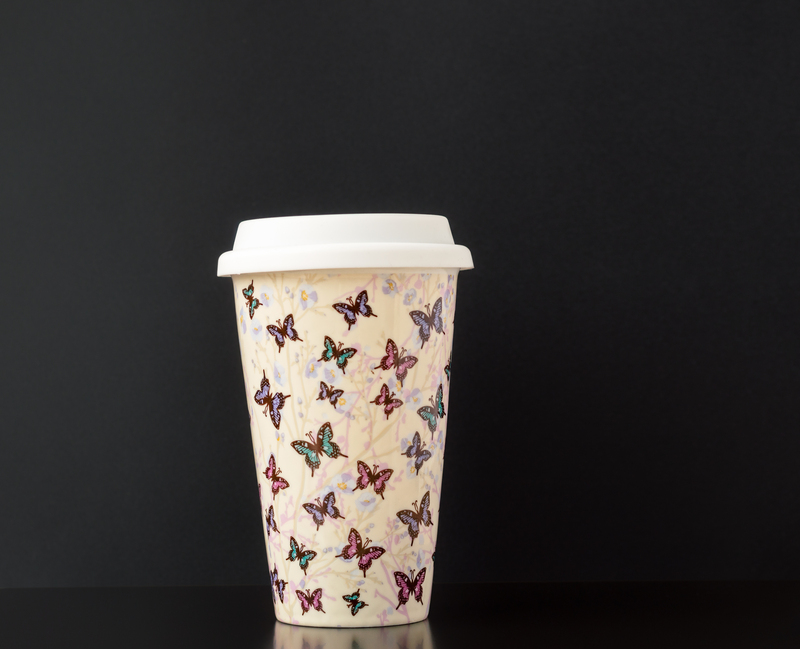Plastic Substitutes for Eco-Conscious Consumers
Posted on 22/04/2025
Plastic Substitutes for Eco-Conscious Consumers
In an era where environmental consciousness is on the rise, finding viable alternatives to plastic has become a crucial priority. Plastic, a versatile and ubiquitous material, has significant environmental drawbacks including long degradation timelines, toxic leaching, and the production of microplastics. Fortunately, several innovative and sustainable materials are now available, offering eco-conscious consumers various substitutes for conventional plastic products.
Bamboo: A Renewable Resource
Bamboo has gained popularity as one of the most sustainable materials on the market. This fast-growing grass can reach maturity in just 3-5 years, making it a renewable resource. Bamboo's applications range from kitchen utensils and toothbrushes to furniture and construction materials. Unlike traditional plastic, bamboo is biodegradable and compostable, reducing long-term waste.
One major benefit of bamboo substitutes is their minimal environmental footprint. Bamboo cultivation demands fewer pesticides and fertilizers compared to other crops, and its extensive root system prevents soil erosion, improving land stability and fertility. When bamboo products finally reach the end of their lifecycle, they decompose naturally, returning nutrients to the soil and leaving behind no pollutants.

Biodegradable Plastics: A Transitional Solution
Biodegradable plastics, often made from plant-based materials like cornstarch, are designed to break down more rapidly in the presence of microorganisms. These plastics can be composted in industrial facilities, transforming into water, carbon dioxide, and biological matter within a matter of months. They offer a transitional solution for products like packaging, disposable cutlery, and bags.
However, not all biodegradable plastics are created equal. The term "biodegradable" can sometimes be misleading, as degradation rates vary based on environmental conditions. Some biodegradable plastics still require specific composting facilities and may not decompose effectively in landfills. It's important for consumers to understand the certification and disposal requirements of these products to ensure their environmental benefits are realized.
Silicone: A Durable Alternative
For consumers seeking durability, silicone provides an excellent alternative to plastic. Made from silica (sand), silicone is heat-resistant, flexible, and highly durable. It's commonly used in kitchen products like bakeware, food storage containers, and reusable bags.
While silicone is not biodegradable, its longevity means it can replace single-use plastics, thereby reducing waste. Additionally, silicone can be recycled through specialized programs, extending its useful life cycle. Eco-conscious consumers appreciate silicone for its reusability and the fact that it doesn't leach harmful chemicals into food or drinks.
Glass: The Everlasting Material
Glass is one of the most sustainable materials available. It's 100% recyclable and can be recycled endlessly without loss of quality or purity. Glass containers are often used for food storage, beverages, and cosmetics.
Using glass eliminates the risk of chemical leaching associated with plastic, making it a safer choice for food and drink. Despite being heavier and more fragile, advances in design have led to more durable glass products. Moreover, the recycling of glass consumes less energy compared to producing new glass, making it an eco-friendly option.
Metal: Strong and Recyclable
Metals such as aluminum and stainless steel are widely recognized for their strength and recyclability. Aluminum, in particular, can be recycled indefinitely without losing its properties, making it a highly sustainable choice for packaging, water bottles, and straws.
Stainless steel is another versatile material, often used for kitchenware, cutlery, and other household items. Its durability and resistance to corrosion make it a long-lasting alternative to plastic. While the initial production of metals can be energy-intensive, their infinite recyclability offsets this impact over time.
Paper and Cardboard: Versatile and Biodegradable
Paper and cardboard are traditional materials that have found new relevance as environmental awareness grows. Both materials are biodegradable and recyclable, making them suitable for a variety of applications such as packaging, straws, and disposable tableware.
Recent innovations have improved the strength and water resistance of paper products, allowing for broader use cases. While the production of paper does have environmental drawbacks, such as deforestation and energy consumption, sustainable forestry practices and increased recycling efforts are helping to mitigate these impacts.
Agricultural Waste: Turning Trash into Treasure
Technological advancements have enabled the conversion of agricultural waste into functional materials. Products like rice husk, wheat straw, and coconut coir are now being used to create biodegradable packaging, disposable tableware, and even furniture.
Utilizing agricultural waste not only provides an alternative to plastic but also addresses the problem of biomass waste management. These materials typically have a much smaller environmental footprint compared to conventional plastic and can often be composted after use, completing a sustainable lifecycle.

Mushroom Packaging: Nature's Foam
One of the most innovative plastic substitutes is mycelium, the root structure of mushrooms. Companies are now harnessing mycelium to create biodegradable packaging solutions that can replace polystyrene foam. Mushroom packaging is grown from organic matter and is completely biodegradable.
When no longer needed, mushroom packaging can be composted at home, breaking down into non-toxic components that enrich the soil. This makes it a highly sustainable choice for businesses and consumers looking to minimize waste.
Conclusion
As the detrimental impacts of plastic on the environment become increasingly evident, the demand for sustainable alternatives continues to grow. By choosing substitutes like bamboo, biodegradable plastics, silicone, glass, metal, paper, agricultural waste, and mushroom packaging, eco-conscious consumers can significantly reduce their environmental footprint.
It's crucial for consumers to stay informed about the lifecycle and disposal requirements of these alternatives to maximize their benefits. Whether through reducing single-use items, supporting sustainable brands, or advocating for improved recycling infrastructure, individual actions collectively contribute to a more sustainable future.
Latest Posts
Recycling for Environment Health
Start Your Plastic-Free Kitchen Journey
Recycling Polystyrene for a Greener Earth






